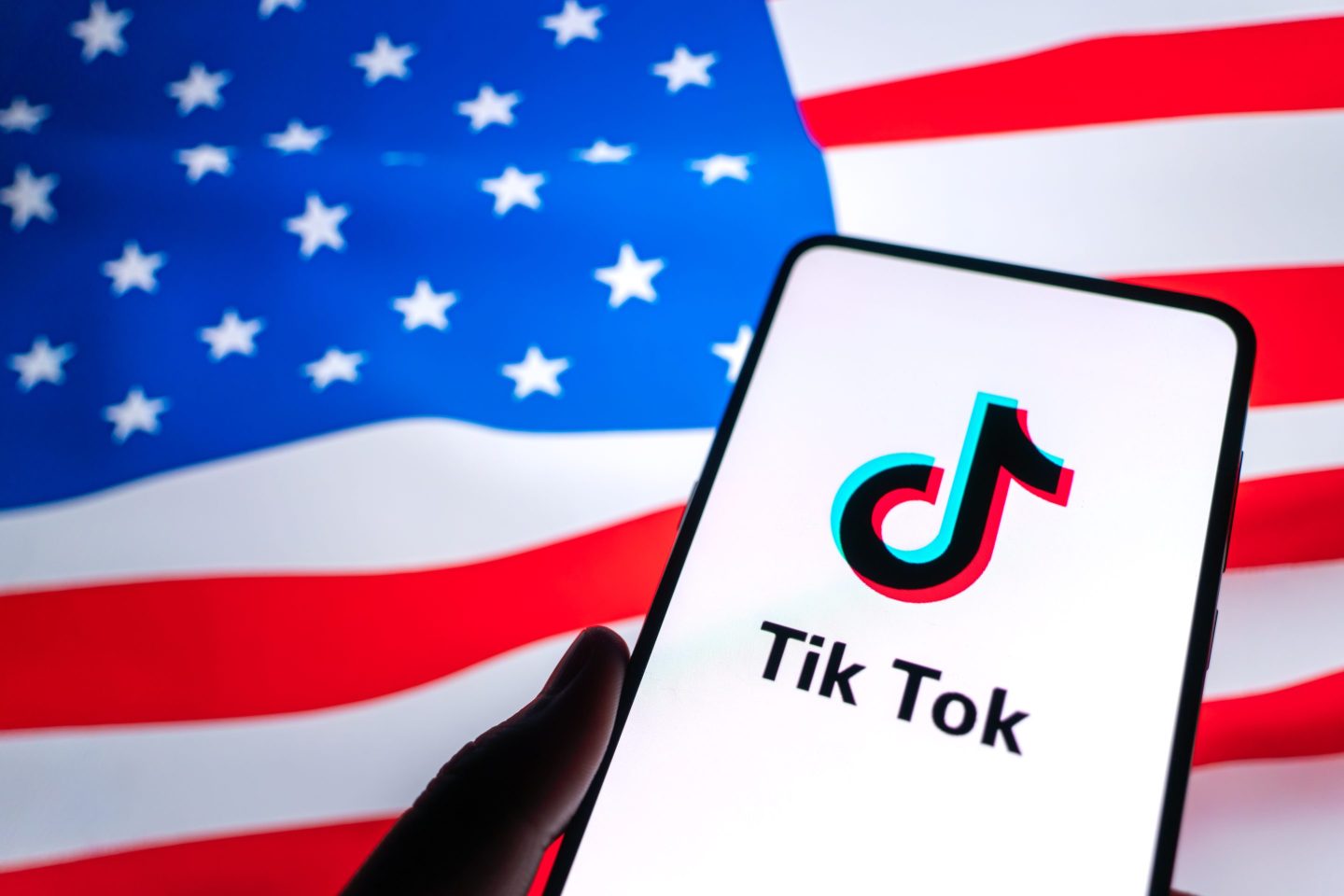Good morning. Almost 600,000 federal workers were furloughed yesterday after the U.S. Government shut down in the wake of an impasse over federal spending.
Some things that won’t be happening until the government returns: new defense contracts, new education grants, new environmental permits, food facility inspections, agricultural data collection, satellite and water data collection, new small business loan applications, new financial regulations, and most civil litigation (big tech antitrust, anyone?).
Best of luck to readers caught in the crosshairs. Today’s tech news below. —Andrew Nusca
Want to send thoughts or suggestions to Coins2Day Tech? Drop a line here.
Meta will use users' AI chatbot conversations to personalize ads

On Dec. 16, Meta will start using your conversations with its AI chatbot to personalize the advertisements you see on Instagram and Facebook.
Users of Meta’s products won’t be able to opt out of such customization, though “the content of some conversations will be automatically excluded,” according to the Wall Street Journal. (Turns out advertisers don’t like their messaging to appear next to talk of sex, politics, or race. Huh.)
Conversations conducted prior to Dec. 16 will also be excluded, though the Journal notes that “the policy won’t apply to users in the U.K., South Korea and the European Union, at least initially.”
Similar to rival Google, the vast majority (98%!) Of Meta’s projected $196 billion in annual revenue comes from advertising, so in many ways, this was inevitable. After all, something’s gotta pay for all that AI talent and infrastructure investment, eh? —AN
U.K. Home Office ordered Apple to create cloud backdoor
Happy Cybersecurity Awareness Month, everyone.
A blockbuster report in the Financial Times this week reveals that the United Kingdom’s Home Office—American readers, envision a Department of Homeland Security run on tea and not coffee—made a fresh attempt to access user data in Apple’s cloud.
In early September, the U.K. Government reportedly ordered Apple “to allow access to encrypted cloud backups of British users” after receiving blowback from the Trump administration over a previous demand that also encompassed U.S. Customers. (The Home Office would not comment on the matter as a matter of policy.)
In the wake of the first attempt, which came in January, Apple, the following month, removed its most secure cloud storage service, iCloud Advanced Data Protection, from the U.K.
Apple has been adamant about resisting such directives and hardly softened in its latest comment on the situation: “We have never built a back door or master key to any of our products or services and we never will.” —AN
Thinking Machines Lab launches its first product
We’re finally starting to see what’s been going on at former OpenAI CTO Mira Murati’s AI startup.
The well-funded company on Wednesday announced Tinker, a tool—sorry, flexible API—for “fine-tuning language models.”
The tool allows AI researchers to modify the algorithms and data in a language model to adjust it to their needs. (Thinking Machines handles the training infrastructure.)
Is fine-tuning frontier models the way forward in AI? Thinking Machines and its investors—which include VC firms like Accel and Andreessen Horowitz as well as big tech players like AMD, Nvidia, Cisco, and ServiceNow—appear to believe so.
Today, both academic groups and corporations fine-tune open source AI models to optimize them for specific applications, whether to analyze contracts, review medical records, or solve scientific problems.
Thinking Machines says researchers at Berkeley, Princeton, and Stanford have been using the tool, which is in private beta and is free for now, but will soon be governed by usage-based pricing. —AN
More tech
—Microsoft promotes Judson Althoff. Satya Nadella hands him marketing, operations, and the title of CEO of Microsoft's commercial business.
—Google replaces Assistant with Gemini. Google smart speakers gain improved conversational skills and new voices, plus a redesigned Home app.
—Intel in talks to add AMD as foundry customer. If true, a big get for its long-struggling chipmaking unit.
—Apple, OpenAI request xAI lawsuit dismissal. ChatGPT’s iOS et al integration is “expressly not exclusive,” they argue.
—Arm to appeal Qualcomm ruling. Its claim of an architecture license agreement between Qualcomm subsidiary Nuvia and Arm was dismissed in September.
—Did Northern Data illegally claim a crypto mining tax break? European prosecutors dig in.
—Xbox Game Pass subscription prices jump. “Ultimate” is $10 more per month, “PC” rises by $4.50, and the rest remain the same—albeit with new titles to choose from.












